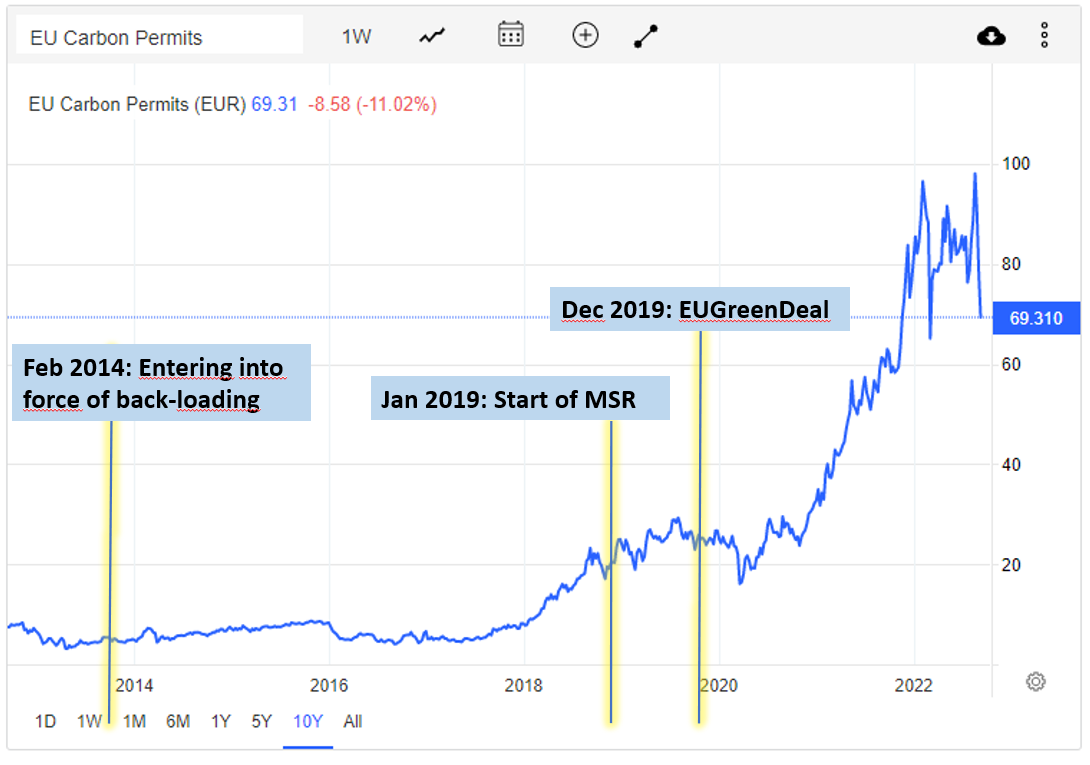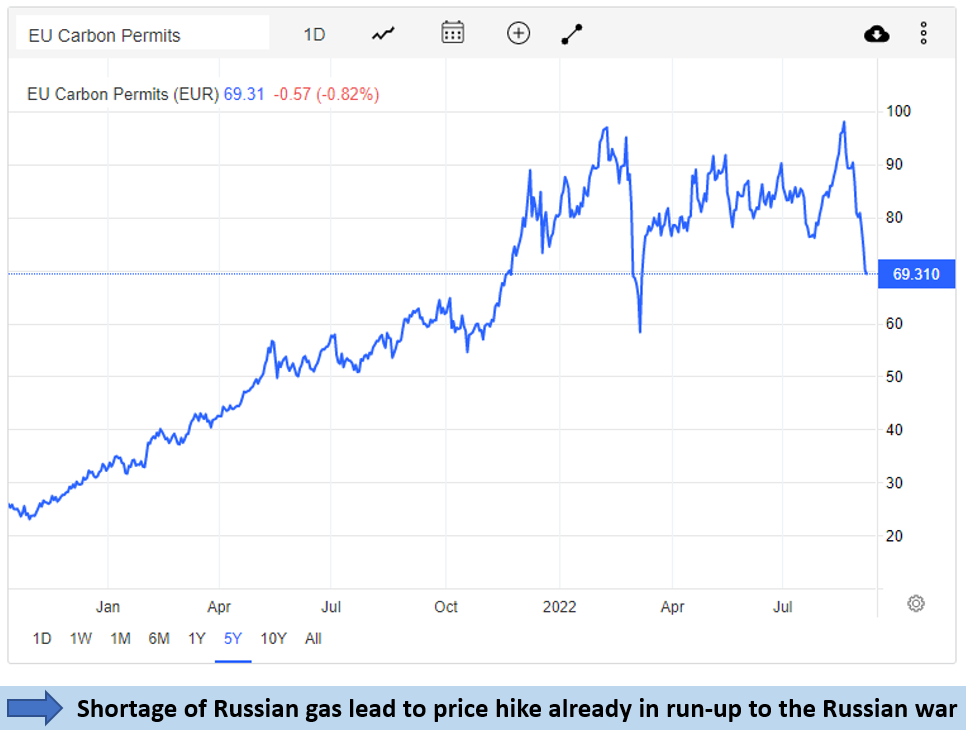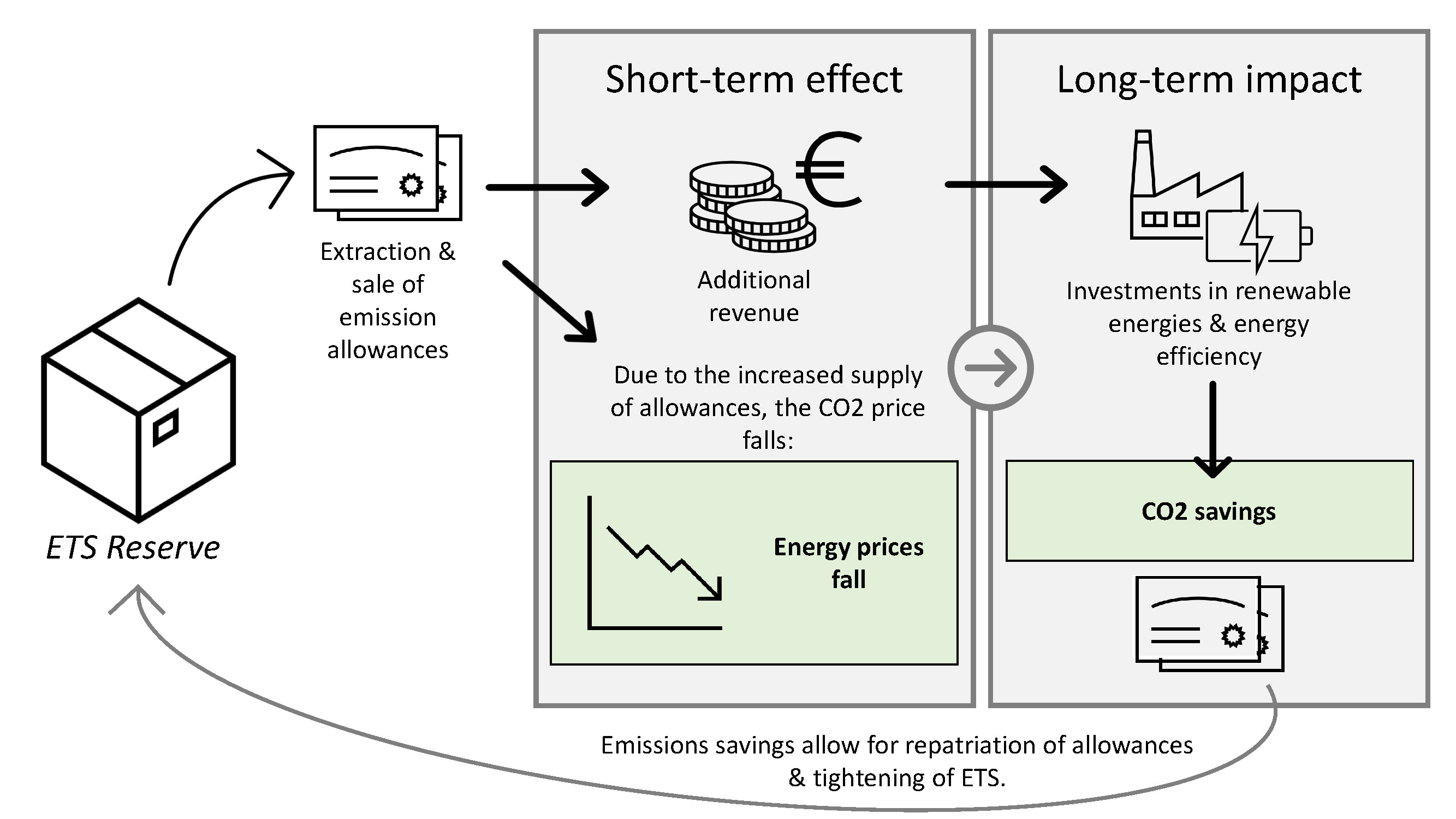Generate €20 billion to mobilize investments in renewables, energy efficiency, and LNG terminals / Christian Democrats in the European Parliament want to strengthen REPowerEU further
The Christian Democrats in the European Parliament propose a short-term intervention in emissions trading to relieve electricity consumers and companies of costs in the next difficult months and, at the same time, generate money for necessary investments in renewables, energy efficiency, and LNG terminals. They want to focus primarily on cross-border projects between Member States.
Dr. Peter Liese, the EPP group's environmental spokesman and rapporteur in the Environment Committee for REPowerEU and European emissions trading, said: "We urgently need to react quickly to protect electricity customers and companies from unbearable costs. European emissions trading must also contribute to this. At the same time, we are still too dependent from Russian energy and need to finally stop financing Putin’s war. Moreover, we should not weaken but even strengthen our climate ambition for 2030 because the last weeks have shown that to tackle climate change is even more urgent.
That’s why we support the proposal of the European Commission of tapping the so-called Market Stability Reserve in the framework of REPowerEU to mobilize 20 billion euros for investment. In the first debates in the Environment Committee before the summer break, a majority was against such an intervention because colleagues feared it would weaken the ETS and that the necessary investments in climate-friendly technologies would not occur. But in view of the developments of the last few weeks, this argument is turning around: We need to cut costs and everyone who has the opportunity to save fossil fuels is currently doing so of their own accord. That is why we propose not only to support the European Commission's proposal but even to tighten it up. The Commission has proposed to auction allowances until 2026 to avoid too harsh effects on the CO2 price.
However, these effects on the CO2 price are precisely what is desirable. Therefore, the auctioning should take place within 12 months after the legislation enters into force. At the same time, we tabled an amendment ensuring that the allowances will go back to the reserve before 2030 to avoid any ambiguity that we are keeping our climate ambition for 2030. EU emissions trading only accounts for a small share of the electricity price (about 6% according to the Commission), but it is not wrong to say 'every little bit helps', and in this difficult phase we must do everything possible. In contrast to all other measures, this decision can be taken in the short term under the co-decision procedure and already take effect before the end of the year through a decision by Parliament and Council in the next few weeks. Moreover, the discussion alone will bring the price down, as the development of the last few days shows. So there is no excuse for those who do not want to act here.”
For this part of the discussion, the Environment Committee has exclusive competences, i.e. what the Committee decides goes directly to the plenary and does not have to be confirmed by the lead committees (Economy Committee and Budget Committee) and cannot be amended by them. However, Liese, in consultation with his colleagues in the other committees, demanded clear changes to the Commission's proposal on how Member States should use the money. "We as EPP demand that the funds are not spent on national projects under the solemn control of the Member States but on projects with added value for Europe. We need better grids in the electricity sector and cross-border cooperation on LNG terminals and pipelines. The money should be focused on this. We should also make it clearer that the expansion of renewable energies and energy efficiency are our priority and exemptions from the "do no significant harm" principle may only be accepted within an extremely narrow framework in terms of time and content," explained Peter Liese.





